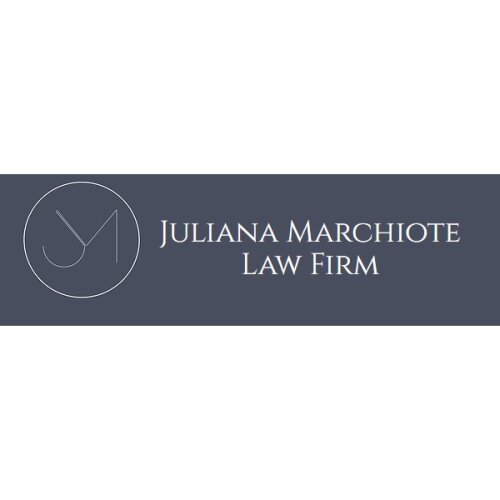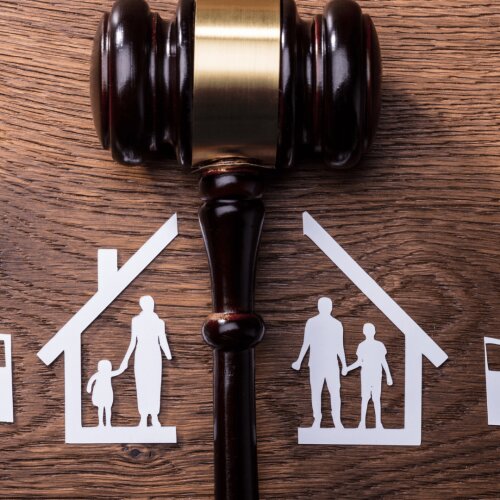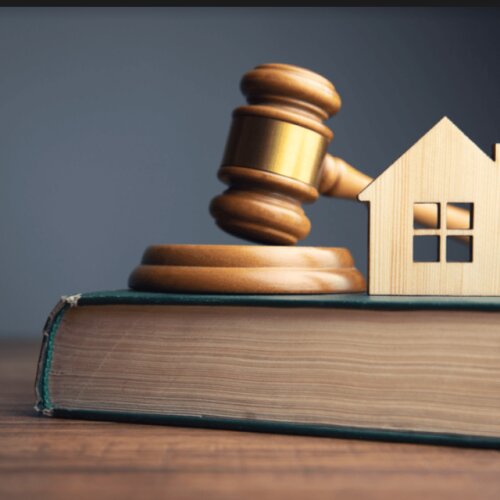Best Mortgage Lawyers in Brazil
Share your needs with us, get contacted by law firms.
Free. Takes 2 min.
Free Guide to Hiring a Real Estate Lawyer
Or refine your search by selecting a city:
List of the best lawyers in Brazil
About Mortgage Law in Brazil
Mortgage law in Brazil is quite distinct from what one might encounter in other countries, primarily due to its basis in the Civil Law tradition, as opposed to Common Law. A mortgage in Brazil, known as "hipoteca," is essentially a right of guarantee where a debtor gives the creditor real estate as security for the fulfillment of an obligation. This allows the creditor to have a legal claim over the property in case of default on repayment, without transferring the property ownership unless foreclosure occurs.
The National Monetary Council and the Central Bank of Brazil regulate mortgages through norms that protect both lenders and borrowers. Mortgages can be established over various types of real estate, including urban and rural properties, and are crucial for financing real estate acquisitions throughout the country.
Why You May Need a Lawyer
Several situations might necessitate the assistance of a lawyer in dealing with mortgages in Brazil:
1. Complex Documentation: The process of acquiring a mortgage involves complex documentation, and ensuring that all terms are clear and favorable requires legal expertise.
2. Foreclosure Proceedings: In cases of default, understanding the foreclosing process and defending your rights might require legal intervention.
3. Disputes with Lenders: Legal representation may be necessary if disputes arise over interest rates, payment terms, or contract interpretations.
4. Real Estate Transactions: Lawyers can help navigate through buying or selling property with existing mortgages to ensure compliance with legal specifications.
5. Negotiation and Settlement: Lawyers can negotiate terms and conditions on behalf of clients either at the agreement stage or when seeking a settlement in disputes.
Local Laws Overview
Key aspects of mortgage laws in Brazil are derived from the Civil Code and related legal doctrines. Some important considerations include:
1. Property Registry: Mortgages need to be registered in the Public Registry of Real Estate to be valid against third parties.
2. Legal Procedures: The foreclosure process is strictly regulated and involves judicial proceedings, offering the chance for the debtor to settle debts and avoid losing the property.
3. Consumer Protection: The Brazilian Consumer Defense Code provides additional protections for borrowers, particularly household mortgages.
4. Interest Rates: Regulated by the Central Bank, interest rates must comply with consumer protection statutes.
5. Priority of Claims: Mortgages generally have legal priority over other claims against the property, playing a crucial role in guaranteeing creditor security.
Frequently Asked Questions
What is a mortgage in Brazil?
A mortgage, or "hipoteca," in Brazil, is a legal instrument by which a borrower pledges a property's title to a lender as security for a loan.
How is a mortgage registered in Brazil?
The mortgage must be registered at the local Public Registry of Real Estate where the property is located to ensure its enforceability.
Can foreigners obtain mortgages in Brazil?
Yes, foreigners can obtain mortgages in Brazil, but they may face additional legal and financial scrutiny compared to Brazilian citizens.
What types of properties can be mortgaged in Brazil?
Both urban and rural properties can be mortgaged in Brazil, including residential, commercial, and mixed-use properties.
How does foreclosure work in Brazil?
Foreclosure in Brazil is a judicial process where the lender seeks to recover unpaid debts by selling the mortgaged property. It involves several legal steps to protect both parties' rights.
What are the interest rates for mortgages in Brazil?
Interest rates vary depending on economic conditions and the borrower's profile but are regulated to ensure fair practices. Checking with local banks or financial institutions for current rates is recommended.
What is the LTV ratio for a mortgage in Brazil?
The Loan to Value (LTV) ratio, which determines how much of the property's value can be mortgaged, typically ranges from 70% to 80% in Brazil.
How long does it take to process a mortgage in Brazil?
The processing time can vary from a few weeks to several months, depending on the institution and the complexity of the transaction.
Do Brazilian mortgages have prepayment penalties?
Some mortgages may have prepayment penalties, so it is essential to review the mortgage contract terms carefully or consult a lawyer to understand these implications.
Are there specific taxes associated with mortgages in Brazil?
Yes, several taxes and fees are involved in securing a mortgage, including ITBI (a transfer tax), registration fees, and others based on regional regulations.
Additional Resources
For further assistance and information regarding mortgages in Brazil, consider the following resources:
1. Central Bank of Brazil: Offers guidelines and regulations pertinent to mortgage financing.
2. CAIXA Econômica Federal: The government bank specializing in real estate financing.
3. Brazilian Bar Association (OAB): Can help in finding qualified lawyers specializing in mortgage and real estate law.
4. Local Real Estate Professionals: Real estate agents and brokers may provide insights and connections to legal experts.
Next Steps
If you require legal assistance with a mortgage in Brazil, consider the following steps:
1. Gather Documentation: Collect all relevant documents related to your mortgage or property to present to your lawyer.
2. Consult a Legal Expert: Contact a lawyer specializing in Brazilian real estate law, preferably one fluent in Portuguese and any other necessary languages.
3. Request a Legal Review: Have your lawyer review your mortgage terms or any dispute documentation to provide an expert opinion.
4. Know Your Rights: Familiarize yourself with Brazilian consumer protection laws as they relate to mortgages.
5. Consider Alternatives: If facing financial hardship, discuss potential settlement or refinancing options with your lawyer before proceeding legally.
Lawzana helps you find the best lawyers and law firms in Brazil through a curated and pre-screened list of qualified legal professionals. Our platform offers rankings and detailed profiles of attorneys and law firms, allowing you to compare based on practice areas, including Mortgage, experience, and client feedback.
Each profile includes a description of the firm's areas of practice, client reviews, team members and partners, year of establishment, spoken languages, office locations, contact information, social media presence, and any published articles or resources. Most firms on our platform speak English and are experienced in both local and international legal matters.
Get a quote from top-rated law firms in Brazil — quickly, securely, and without unnecessary hassle.
Disclaimer:
The information provided on this page is for general informational purposes only and does not constitute legal advice. While we strive to ensure the accuracy and relevance of the content, legal information may change over time, and interpretations of the law can vary. You should always consult with a qualified legal professional for advice specific to your situation.
We disclaim all liability for actions taken or not taken based on the content of this page. If you believe any information is incorrect or outdated, please contact us, and we will review and update it where appropriate.
Browse mortgage law firms by city in Brazil
Refine your search by selecting a city.












